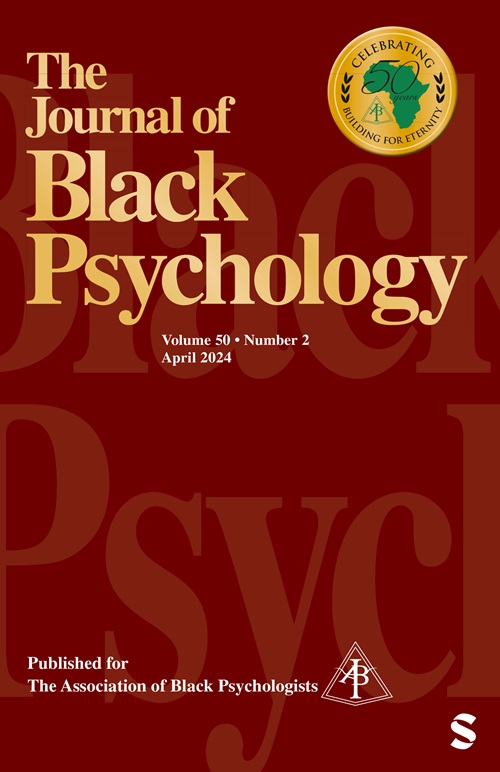黑人女大学生耶洗别刻板印象认同与性行为的质性探讨
IF 2.2
3区 心理学
Q2 PSYCHOLOGY, MULTIDISCIPLINARY
引用次数: 22
摘要
研究人员认为,“耶洗别”刻板印象对黑人女性的性决策有显著影响。目前的定性研究利用了对50名黑人女性(18-24岁)的个人半结构化访谈的叙述数据,以探索耶洗别的刻板印象如何影响她们的性信仰和性行为。采用双方同意的定性研究方法,从数据中出现了以下四个主题:(a)耶洗别如何在他们的性探索中发挥作用,(b)耶洗别如何助长对黑人妇女的性暴力,(c)耶洗别如何成为黑人妇女性行为的超性媒体代表,以及(d)耶洗别如何成为家庭背景下的负面性刻板印象。我们的研究结果将耶洗别刻板印象作为黑人女性的性剧本的持久作用置于背景中,因为我们发现许多参与者选择根据他们对刻板印象的认识和认可来调整他们的服装选择或性行为。作者讨论了研究结果对黑人妇女和女孩的性社会化的启示,并解构了黑人妇女性取向的缺陷意识形态。本文章由计算机程序翻译,如有差异,请以英文原文为准。
A Qualitative Exploration of Jezebel Stereotype Endorsement and Sexual Behaviors Among Black College Women
Researchers suggest that the Jezebel stereotype exerts a significant influence on Black women’s sexual decision making. The current qualitative study drew upon narrative data from individual, semistructured interviews with 50 Black women (ages 18-24 years) to explore how the Jezebel stereotype influenced their sexual beliefs and behaviors. Using consensual qualitative research methods, the following four themes emerged from the data: (a) how the Jezebel plays a role in their sexual exploration, (b) how the Jezebel contributes to sexual violence against Black women, (c) how the Jezebel is a hypersexual media representation of Black women’s sexuality, and (d) how the Jezebel is a negative sexual stereotype within family contexts. Our findings contextualize the enduring role of the Jezebel stereotype as a sexual script for Black women, as we found that many participants chose to adapt their clothing choices or sexual behaviors in light of their awareness and endorsement of the stereotype. The authors discuss the implications of study findings for Black women and girls’ sexual socialization and deconstructing deficit-based ideologies of Black women’s sexuality.
求助全文
通过发布文献求助,成功后即可免费获取论文全文。
去求助
来源期刊

Journal of Black Psychology
PSYCHOLOGY, MULTIDISCIPLINARY-
CiteScore
8.00
自引率
5.80%
发文量
22
期刊介绍:
The Journal of Black Psychology publishes scholarly contributions within the field of psychology toward the understanding of the experience and behavior of Black populations. This includes reports of empirical research and discussions of the current literature and of original theoretical analyses of data from research studies or programs. Therefore, the Journal publishes work in any of the areas of cognition, personality, social behavior, physiological functioning, child development, education, and clinical application, in addition to empirical research and original theoretical formulations outside traditional boundaries, all integrated by a focus on the domain of Black populations and the objective of scholarly contributions.
 求助内容:
求助内容: 应助结果提醒方式:
应助结果提醒方式:


